CANBERRA, Australia—New cabinet ministers with strong reformist agendas and their flocks of young, like-minded staff have put core parts of the bureaucracy into permanent overdrive.
As part of his mandate Rudd was set on eliminating the fat in the system of ministerial advisors. Advisors are fewer now, and also of a different generation and background than before.
While any given agency has always had to scramble to support its minister, there is a perception in some parts of the bureaucracy that young ministerial advisors are a double-edged sword: enthusiastic but naïve about the mechanics of government.
They make rafts of requests for research, data, opinions, and briefings, which fall on the shoulders of commonwealth employees who already have their hands full with departmental work; the extra requests are often done after hours.
“The issue is that they don’t know what they’re looking for, but they might know once they see it,” says one senior executive service (SES) officer in a central agency. He asked that he and his department not be named per the standard embargo on public servants talking to media.
There is nothing new about long hours, particularly before a budget or during the first frenetic months. During the Rudd government’s first 100 days in office the Australian media circulated an anecdote of a public servant working such long hours that she slept under her desk for a few days while preparing a report.
The difference this time is that the twelve hour days and weekends are not being done only around crucial times, but almost as a rule. “I get in at 8 a.m. and there are cars already in the parking lot,“ the SES officer said.” I leave at 9 p.m. and there are still cars there. You don’t see the other SES officers much in the building, of course. They’re squirreled away in their offices, working.”
Expectations for work hours aren’t too high for those below the SES level, and are usually capped at eight hours per day. SES officers, however, are expected to work as much as they’re needed—until late at night every night of the week, and every weekend, sometimes. Sometimes their subordinate staff also pitch in—either out of loyalty, or sympathy.
In response to reports of the long hours being worked, Mr. Rudd says public servants will have to get used to it.
“I understand there’s been some criticism around the edges that some public servants are finding the hours a bit much,” he said last month, according to ABC News. “I suppose I’ve simply got news for the public service—there'll be more. This government was elected with a clear cut mandate, we intend to proceed with that. The work ethic of this government will not decrease, it will increase.”
But those inside say it causes problems in the way systems are run. “The secretary [head of a Commonwealth department] is sometimes like a frazzled mother yelling at her children,“ the SES officer said. ”She runs past yelling, ‘Clean up!’ but never explains how to clean up. The kids start, but when she comes back around the next time, it’s ‘No, not like that!’ before running away again. On it goes on like this, and sometimes it’s just really inefficient.”
A mid-level bureaucrat in education said that, “Things have been pretty gummed up for the last year,” with new policy initiatives researched and hammered out on paper, but not taken up because everyone is too busy to look at them. There are also fewer advisors to scrutinize and filter policy documents, so turnaround times have blown out from weeks to months.
Of course not everyone sees cutting the number of advisors as a bad thing. Under the Howard government, there were over 400 advisors, and Howard himself had twenty.
“You’ve got to wonder what they were all doing,” says John Wanna, professor of Political Science at the Australian National University. “I think the cutting down of advisors is working reasonably well.”
Professor Wanna sees long hours simply as a changing modus operandi of government. These days in particular, he says anyone serious about their job will work late. “I spent a year in Finance and people would be there to eight or nine at night, and then take a pile of reading home with them. It wasn’t just work in the office.”
In the first year a driving factor behind the expanded workload was the reform agenda set by Rudd and his ministers. In the second year the global financial crisis struck, which again put new pressures on the bureaucracy. Next to these two factors is the time it takes for agencies to learn to work together, a requirement more strongly emphasized by the current government.
But the grind of long hours took an early toll on many in central departments. There were a series of resignations from high-level Treasury officials in 2008, for example, understood to be because they were overworked.
Others have adapted and will keep at it. As the SES officer from a coordinating agency said, in the Australian Public Service it is often a case of “Those that can must. Those that can’t don’t have to.”
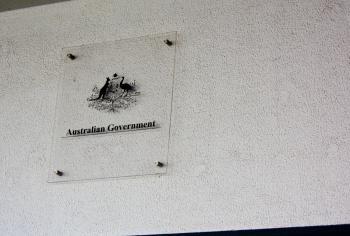

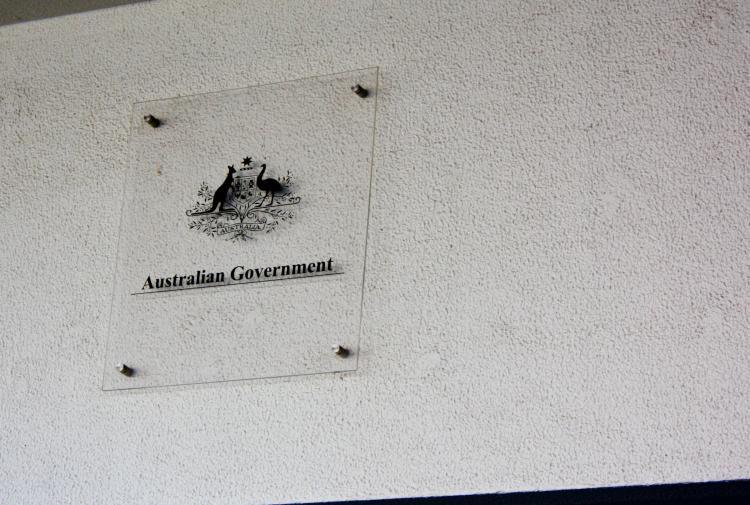
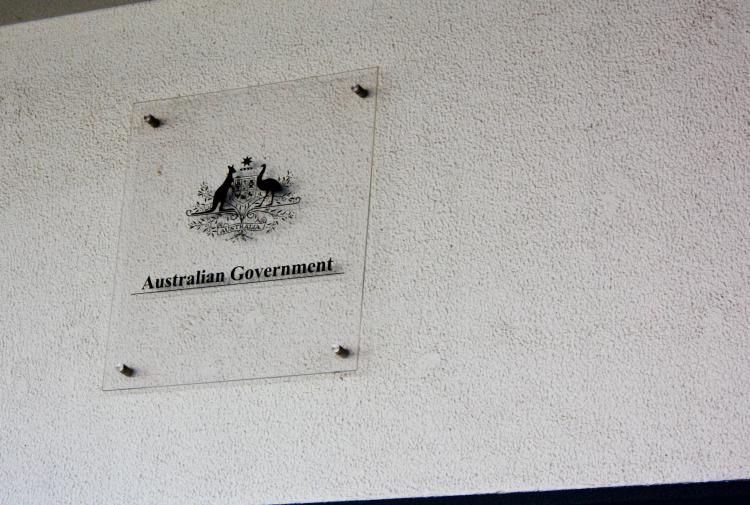
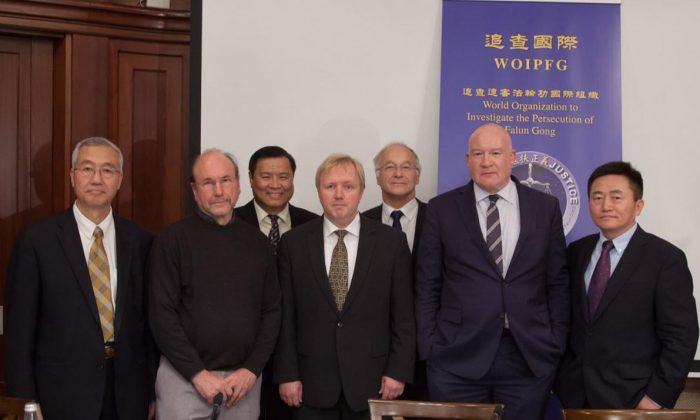
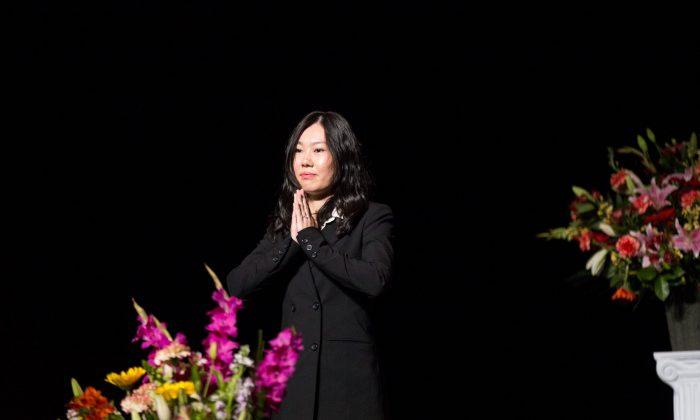
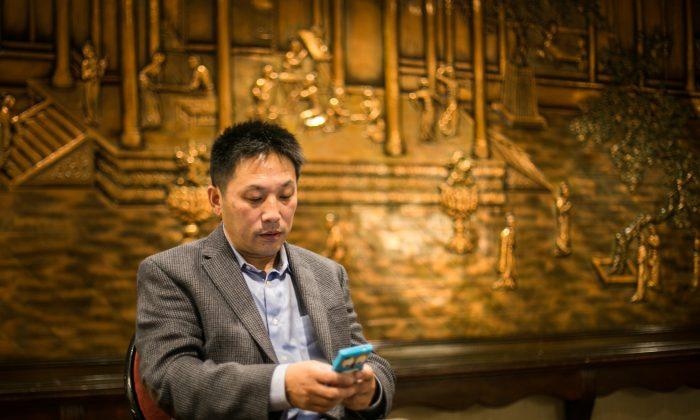
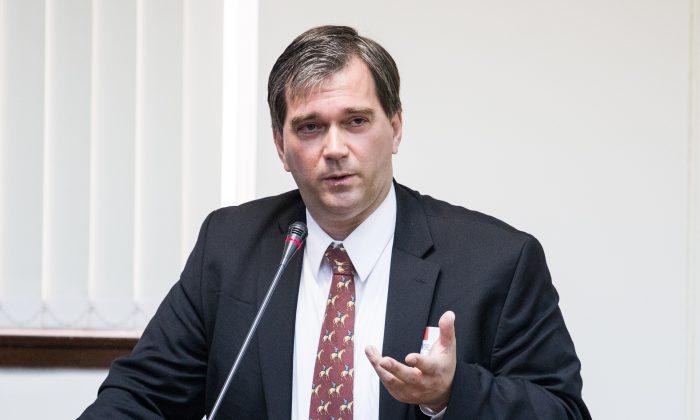
Friends Read Free